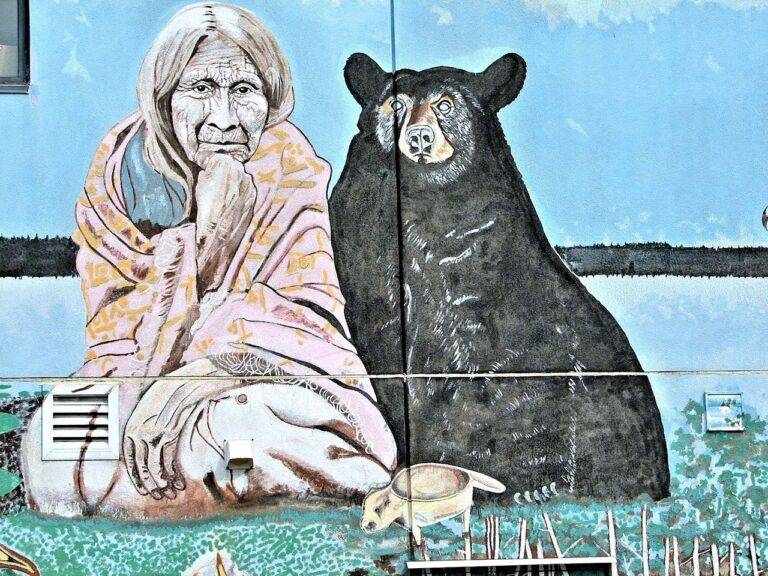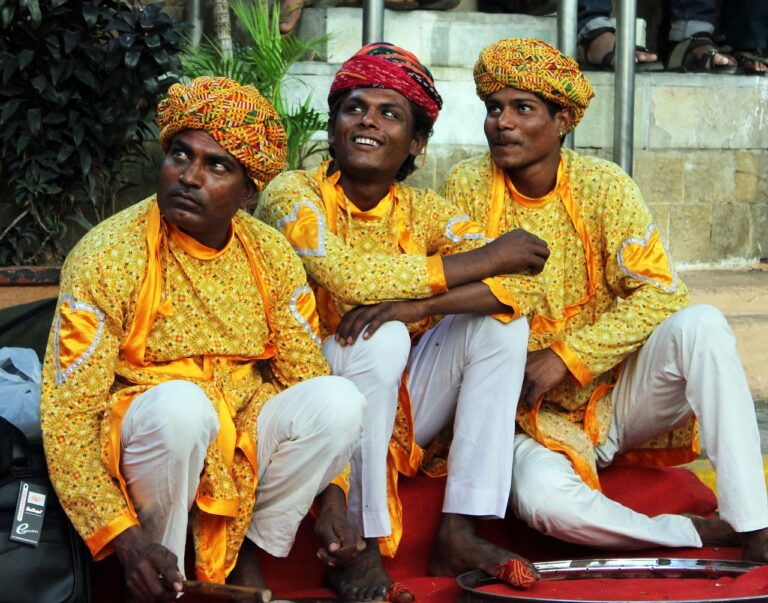Election Campaigning and the Rise of Grassroots Movements
Grassroots movements in election campaigns are fueled by a variety of key factors. One such factor is the growing discontent among ordinary citizens with the status quo, prompting them to take action and advocate for change. These movements often stem from a desire for more inclusivity in decision-making processes and a push for policies that better reflect the needs and aspirations of everyday people.
Moreover, the rise of social media platforms has significantly amplified the impact of grassroots movements in recent years. Through these online channels, individuals can easily connect, organize, and mobilize support for their causes on a large scale. Social media provides a platform for sharing information, raising awareness, and garnering widespread support, making it a powerful tool for driving grassroots initiatives forward in election campaigns.
• Grassroots movements are driven by growing discontent with the status quo
• Desire for inclusivity in decision-making processes and policies that reflect everyday people’s needs
• Social media platforms have amplified the impact of grassroots movements
• Online channels allow for easy connection, organization, and mobilization of support
• Social media provides a platform for sharing information, raising awareness, and garnering widespread support
The Role of Social Media in Mobilizing Grassroots Support
Social media has become a pivotal tool in mobilizing grassroots support for election campaigns. Platforms like Twitter, Facebook, and Instagram enable candidates to directly connect with voters, share their message, and rally up support. With the ability to reach a wide audience instantaneously, social media provides a cost-effective way for grassroots movements to gain visibility and traction.
Moreover, social media allows for real-time engagement and feedback from supporters, helping campaigns to tailor their message and strategies accordingly. By utilizing targeted ads, live videos, and interactive content, candidates can foster a sense of community among their followers and inspire them to take action. Overall, social media’s influence in mobilizing grassroots support in election campaigns cannot be understated, as it plays a crucial role in shaping public opinion and driving voter turnout.
Challenges Faced by Grassroots Movements in Election Campaigning
Grassroots movements in election campaigning often struggle with limited resources, which can hinder their ability to reach a wider audience and compete with well-funded traditional campaigns. This lack of financial backing can limit the scope of their outreach efforts, making it challenging to effectively mobilize supporters and convey their message to the masses. In addition, grassroots movements may face difficulties in accessing mainstream media outlets, further impeding their visibility and reach during critical stages of the campaign.
Furthermore, another significant challenge for grassroots movements in election campaigning is engaging and retaining volunteers who are essential for carrying out various activities. Coordinating a diverse group of volunteers with varying levels of commitment and availability can be a logistical challenge, leading to difficulties in maintaining momentum and consistency in campaign efforts. Without a dedicated and motivated volunteer base, grassroots movements may struggle to sustain their activities and make a significant impact on the electoral process.
What are some key factors driving grassroots movements in election campaigns?
Some key factors driving grassroots movements in election campaigns include a desire for change, a sense of community empowerment, and a need for more inclusive political representation.
How does social media play a role in mobilizing grassroots support?
Social media plays a crucial role in mobilizing grassroots support by providing a platform for activists to connect, share information, and organize events. It allows for rapid dissemination of messages and can help reach a wider audience.
What are some common challenges faced by grassroots movements in election campaigning?
Some common challenges faced by grassroots movements in election campaigning include limited resources, lack of visibility, resistance from established political powers, and difficulty in sustaining momentum beyond election season.







